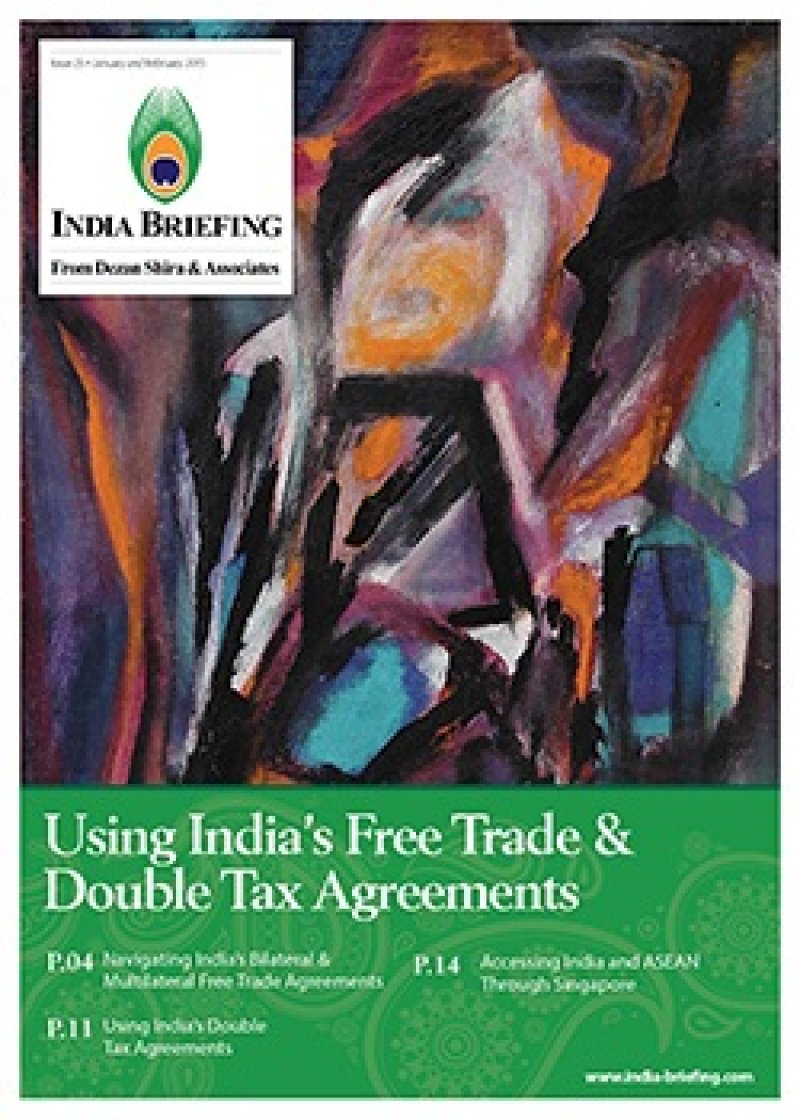Permanent Establishments in India under BEPS Norms
India will soon expand the existing scope of ‘business connection’, in line with the provisions of the Base Erosion and Profit Sharing (BEPS) Action Plans, launched by the Organisation for Economic Cooperation and Development.
What is a business connection?
In India, a ‘business connection’ is more commonly referred to as a ‘permanent establishment’. A permanent establishment is a fixed place of business, which may be owned partially or fully by a non-resident businessperson. This definition is enshrined in Article 5 of the Double Taxation Avoidance Agreements that India signs with respective countries.
Local branches of multinational firms, factories, and warehouses count as permanent establishments in India. Any profits generated from these establishments are liable to tax under the Income-tax Act, 1961.
What are the BEPS Action Plans and how do they impact permanent establishments?
The BEPS Action Plans aim to resolve international tax evasion and other tax related concerns, such as those arising from the greater digitization of business. There are 15 Action Plans in total, and are summarized in a Multilateral Instrument (MLI). India is a signatory to this MLI, and is duty-bound to implement its provisions.
Tightening the regulation of permanent establishments in India follows from BEPS Action Plan 7, which toughens the definition of the business connection regime.
The BEPS Action Plan, titled ‘Preventing the Artificial Avoidance of Permanent Establishment Status’, calls for the adoption of the Dependent Agent Permanent Establishment (DAPE). Consequently, India has proposed new rules for Agency Permanent Establishments and Digital Permanent Establishments.
Rules for permanent establishment through an agent
India’s existing tax rules define any person, referred to as agent, with the power of concluding a contract on behalf of a non-resident as a business connection. This does not include persons who are engaged in auxiliary activities, such as the maintenance of goods for storage, display or delivery, collection of information, and purchase of goods. Many businesses in India used the loopholes in this clause to camouflage actual business connections.
The government is set to redefine this clause. The new definition includes provision that the business connection must be an active participant in negotiations leading up to the conclusion of the contract. The amendment will disallow the fragmentation of economic functions; this will prevent the evasion of real business and economic activities from being regulated and taxed as such.
Rules for digital permanent establishments
The second proposed amendment deals with the taxation of digital transactions. In the 2016 Union Budget, India announced the imposition of an equalization levy as a means to counter tax evasion in the digital sphere. The equalization levy is regulated under the Finance Act, 2016, and is not part of the Income-tax Act.
The levy is applied at six percent on payments received by non-residents through Indian consumers or Indian permanent establishments for the provision of digital services, such as online advertising, facility for online sale of goods or services, or collecting online payments, among others.
The government now plans to tax businesses with an economic presence in India through digital transactions. This is directed at companies that avoid tax obligations in India, on the grounds that they do not have any direct or indirect physical presence in the country.
Now, a non-resident company that generates revenue from Indian residents through digital means, even without having a physical presence in the country, will constitute an ‘economic presence’. However, for a company to qualify as an economic presence, their volume of transactions should exceed the threshold making it liable to pay tax. The taxable income thresholds are yet to be prescribed.
Once the Finance Bill, 2018 gets legally approved, the new rules will enable India to negotiate for the inclusion of digital businesses in its existing and future DTAAs; this is necessary so as to be applicable to businesses originating from treaty partners.
About Us
India Briefing is published by Asia Briefing, a subsidiary of Dezan Shira & Associates. We produce material for foreign investors throughout Eurasia, including ASEAN, China, Indonesia, Russia, the Silk Road, & Vietnam. For editorial matters please contact us here and for a complimentary subscription to our products, please click here.
Dezan Shira & Associates provide business intelligence, due diligence, legal, tax and advisory services throughout India and the Asian region. We maintain offices in Delhi and Mumbai and throughout China, South-East Asia, India, and Russia. For assistance with India investment issues or into Asia overall, please contact us at india@dezshira.com or visit us at www.dezshira.com.
- Previous Article Access India and ASEAN through Singapore
- Next Article Minimum Alternate Tax in India: Foreign Infrastructure Companies Exempt











